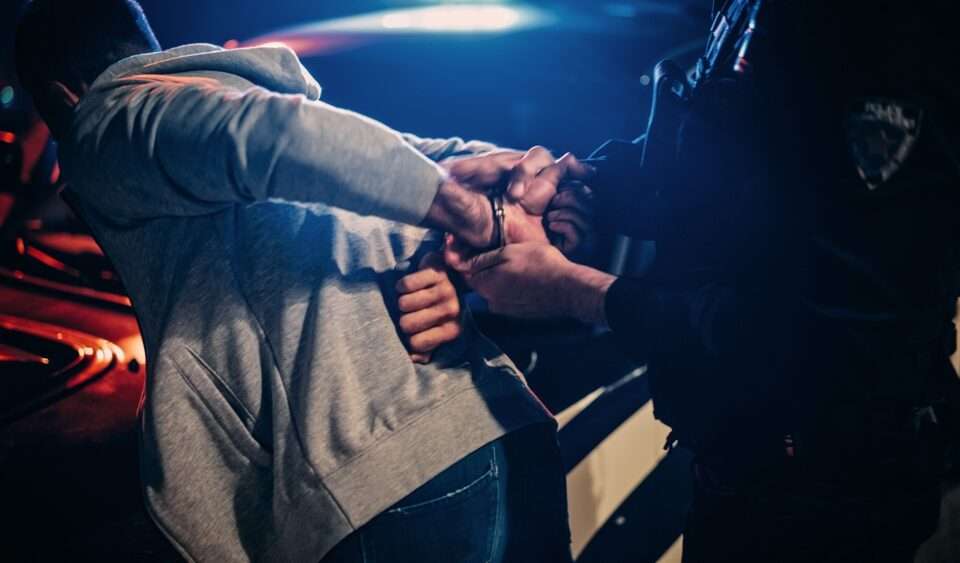Co-dependency is a term often heard in association with addiction, but what does co-dependency mean?
Co-dependency by definition is a set of maladaptive, compulsive behaviors learned by family members and loved ones that are used as coping mechanisms in response to emotional pain.
Subconsciously, these behaviors are developed to alleviate the pain felt by a family member or loved one, but in reality, these behaviors cause more harm than good.
When it comes to an addicted family member, the most harmful codependent behavior of all is enabling. Enabling can easily be confused with supportive behavior, and the differences can be difficult to spot. In fact, an enabler might not even know what they are doing is harmful or unhealthy. The staff at our nationwide addiction treatment centers are here to help educate loved ones and family members on what it means to enable a person who is using, how to stop enabling, and how to still remain supportive while a person finds recovery.
What is an enabler?
An enabler is exactly as it sounds- a person whose behaviors allow the person struggling with addiction to continue using without experiencing the full repercussions of their actions. They can be a parent, sibling, child, or even a friend. It’s important to remember that an enabler usually means well, but they either don’t know how or are afraid. Instead, they react in the best way they can, though it is detrimental to both themselves and the addicted individual.Some examples of enabling behaviors are:
- Taking responsibility for their loved one’s actions
- Covering things up or lying to protect their loved from the consequences of their poor choices
- Trying to solve their loved one’s problems for them (financially, legally, interpersonally, etc.)
- Allowing their loved one to take their time or resources, such as money, without consent
- Neglecting their own needs in the process of caring for their loved one
Why do people enable?
There are several reasons people act as enablers, whether or not they are aware that they are doing so. These include:- Love- “I love you so I will do anything for you”
- Feelings of apathy or tiredness- “I have been doing this for so long that I don’t know what else to do.”
- Fear- “I am afraid that if I do not do this for you that you will die” or “I fear you will die so I will do anything for you.”
- The need to feel in control of an out of control situation
How to Stop Enabling
When a loved one is struggling with addiction, they need healthy support from those around them. For those who have been in a codependent relationship with a person who is using or have been enabling them to continue, it can be difficult to know what to do next. Here are some tips:- Separate yourself from the PROBLEM and not the PERSON- Remove yourself from issues involving the person’s use. Let them know that you love them and will always be supportive, but can no longer enable them to continue using drugs or alcohol.
- Set boundaries- Setting boundaries and adhering to them are extremely important. For example, say, “I will no longer give you money for your addiction.” And stick to it. Once your loved one realizes you are serious and will no longer financially support their addiction, they will begin to think about change. You may have to reaffirm this boundary over and over again, and that’s okay.
- Solidify your position- Know where you stand. Seek advice and support to understand how other family systems approach recovery and determine how your family will approach your unique situation.
- Keep it simple- Looking at the “big picture” or “the rest of your life” can be extremely overwhelming. Set small goals and take it one day at a time.
- Maintain your own health- Your physical, mental, and spiritual health are all important. Take care of your own needs, think independently, and promote self-care.
The family dynamics surrounding addiction can be complicated, and here at Banyan we understand that a patient’s loved ones have many questions. Our therapists, case managers, and family services team are here to support you each step of the way. We offer therapy for families of addicts including family phone lines weekly, individual family therapy sessions via telephone, family conferences three times a year, and even have a dedicated family services team available to answer any questions or concerns you have at any time.
Whether or not you struggle with enabling if your loved one has a substance abuse problem, get them professional help.




















